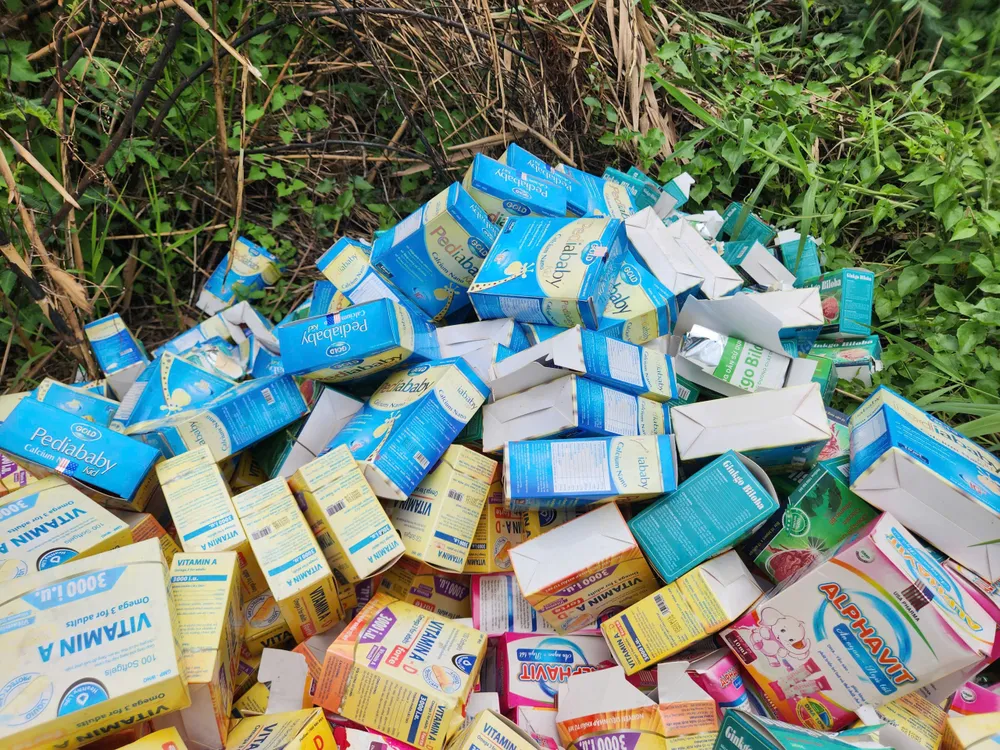
On the morning of July 22, the National Assembly 's Committee on Culture and Society conducted a survey on the implementation of policies and laws on the prevention of counterfeit drugs and fake food in Ho Chi Minh City. Comrade Nguyen Hoang Mai, Vice Chairman of the National Assembly 's Committee on Culture and Society, was the head of the delegation. Attending the meeting was Vice Chairman of the Ho Chi Minh City People's Committee Nguyen Van Dung.
Reporting at the meeting, Dr. Nguyen Hoai Nam, Deputy Director of the Ho Chi Minh City Department of Health, stated that the current situation of production and trade of counterfeit goods is very complicated with many sophisticated methods and tricks.
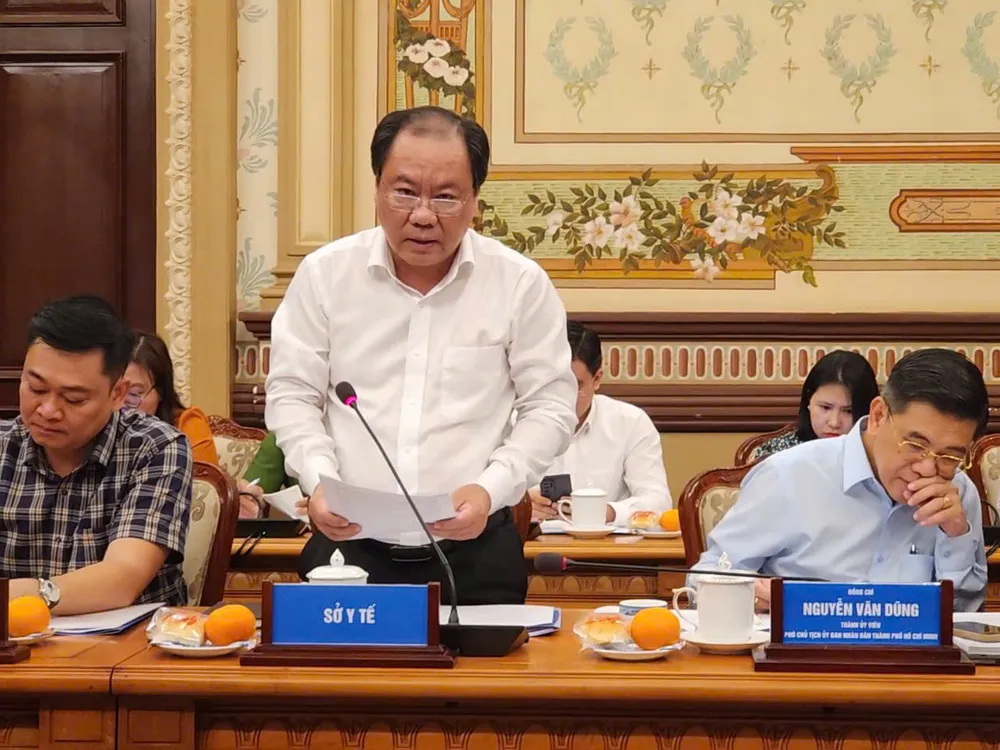
Counterfeit drug producers are located in multiple locations at the same time, using social networks or home delivery apps to buy/sell to conceal their locations. Production sites are often located in unnumbered houses, or hidden under the production activities of front companies.
Regarding the production and trade of counterfeit goods and goods that infringe intellectual property rights, the subjects often focus on high-value items, not producing in large quantities but breaking them up or selling them as they are produced, not allowing the person placing the order to come to the place of production to pick up the goods to avoid detection.
Mr. Nam analyzed that previously, counterfeit goods circulating on the market were mostly products with fake packaging and fake labels, focusing on products with high consumption and big brands on the market.
However, currently, some counterfeit manufacturing facilities create their own product models without a circulation registration certificate, name themselves the manufacturing facility, print fake product registration or announcement numbers, use fake barcodes, QR codes, and fake product certification stamps to deceive retailers and consumers.
In recent times, Ho Chi Minh City has implemented many drastic solutions to strictly control drug quality, prevent counterfeit drugs, fake food and poor quality drugs from circulating on the market.
Organize many campaigns to combat crimes related to the production and trade of counterfeit goods in many fields, including drugs, medicinal herbs, cosmetics, medical equipment, food, and functional foods.
The City Police discovered and handled 9 cases of violations of the law in the medical field. Notably, they dismantled a ring of “manufacturing and trading fake medicines”, confiscating 1,164 cartons of finished medicines and raw materials, nearly 1,600 kg of raw powder of unknown origin, hundreds of kg of packaging materials, labels, medicine boxes, and the entire production line and machinery.
Counterfeit drugs are mainly consumed in the Mekong Delta provinces through freight transport vehicles.
Regarding fake food, on January 19, 2024, the Economic Police Department, Ho Chi Minh City Police Department coordinated with the Economic Police Department - Binh Duong Provincial Police (old) to conduct an inspection and directly caught red-handed a fake milk production facility in Di An City, Binh Duong Province (old). The total value of the fake products was about 14,500,000,000 VND, the subjects organized the production and trading of fake milk of Abbott Company's brands, including: Ensure, Ensure Gold, Glucerna...
Every 10 days or so, the subject changes the production location from Ho Chi Minh City to Binh Duong province. The sales method is very sophisticated, only selling online through e-commerce channels Lazada and Shopee. The authorities have decided to prosecute the case, prosecute 7 defendants to continue investigating and clarifying.
Ho Chi Minh City is one of the drug distribution hubs for regions across the country with 42 drug manufacturing factories; 1,531 drug and drug ingredient wholesale establishments; 8,454 drug retail establishments; 647 establishments specializing in retailing medicinal herbs, traditional medicines, and herbal medicines.
In the food sector, Ho Chi Minh City currently has 2,832 food production and processing establishments; 13,747 food businesses; 132 collective kitchens; 66 ready-to-eat meal processing establishments; 55 school kitchens; 14,640 street food businesses; 3 wholesale markets and 229 traditional markets; 52 shopping malls, 271 supermarkets; 3,200 convenience stores.
Source: https://www.sggp.org.vn/so-y-te-tphcm-chi-ro-chieu-tro-trong-san-xuat-thuoc-gia-thuc-pham-gia-post804817.html


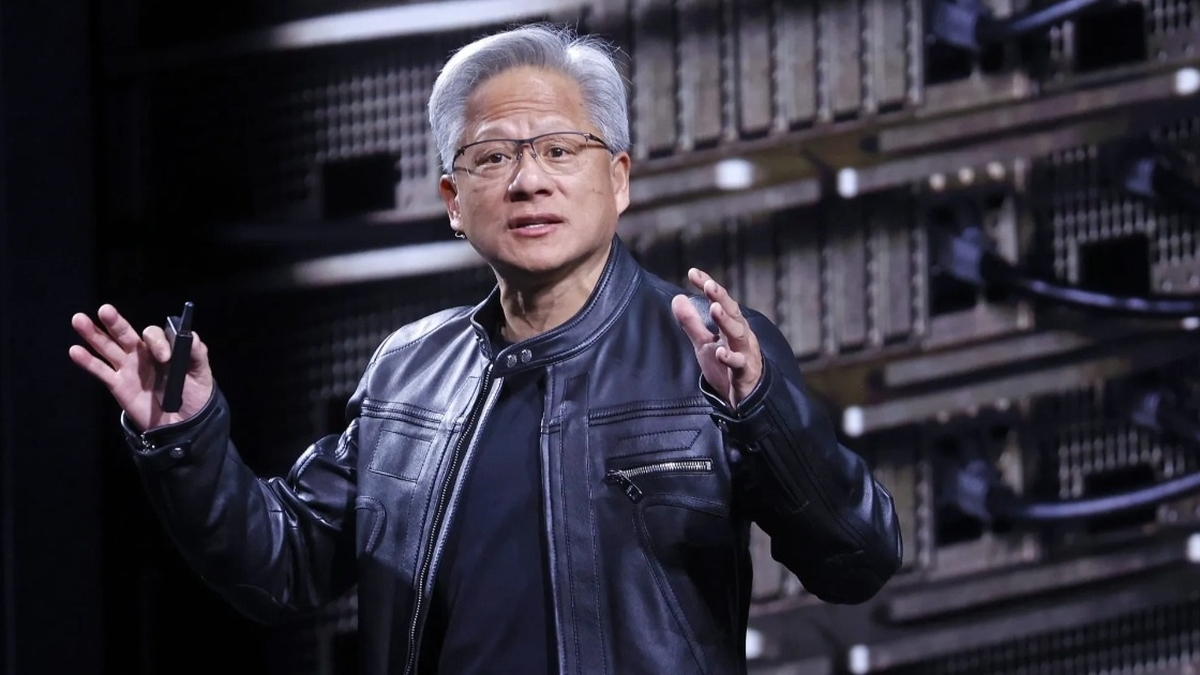
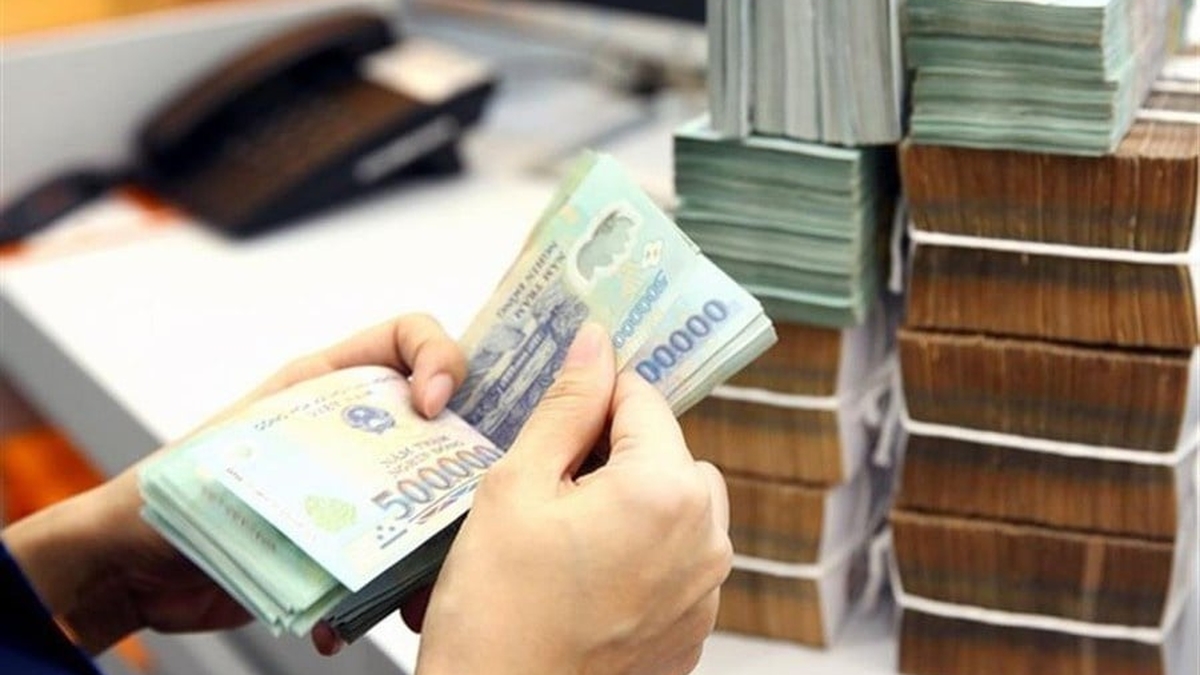

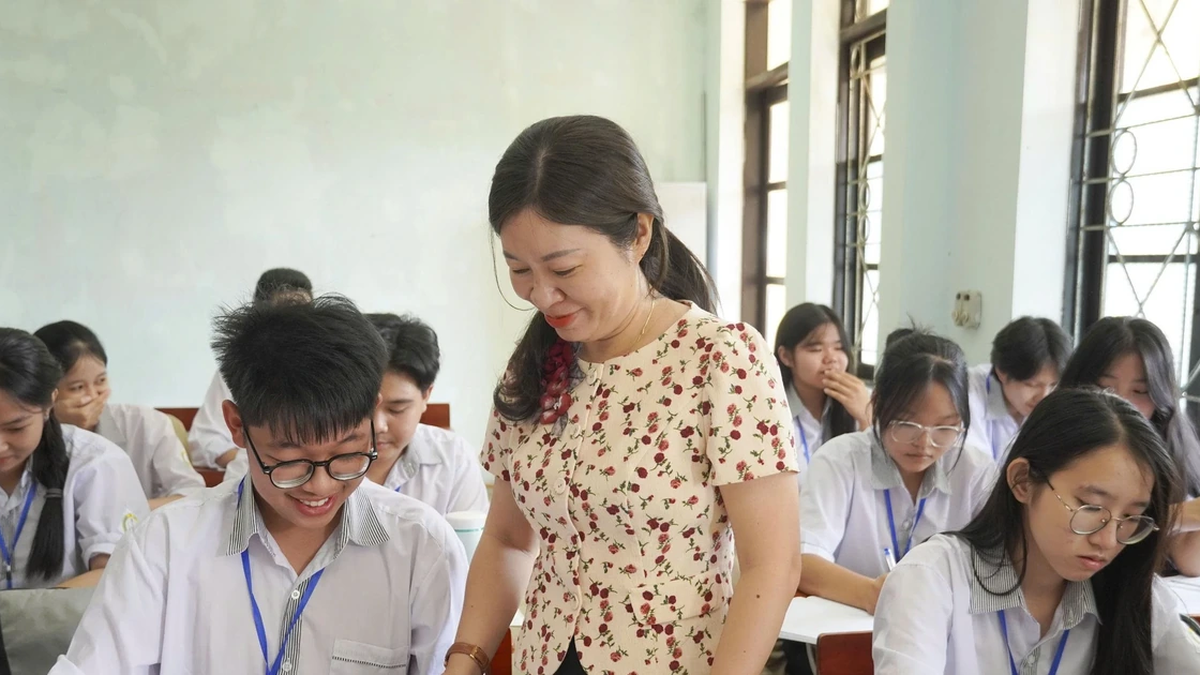
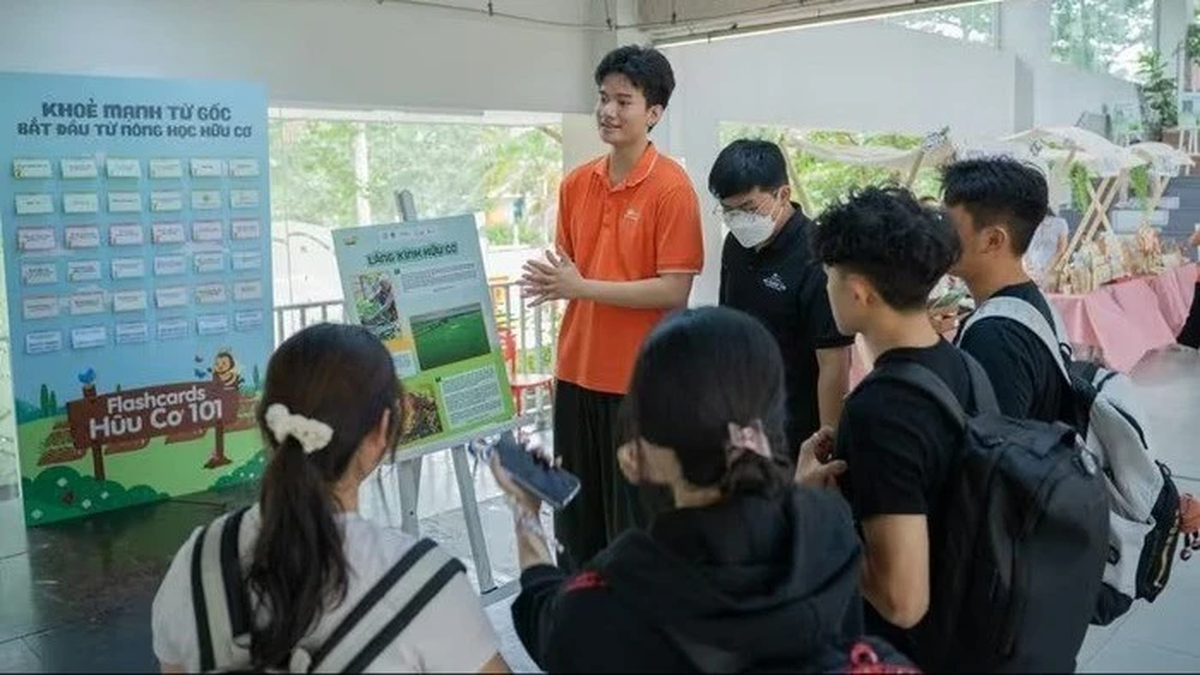


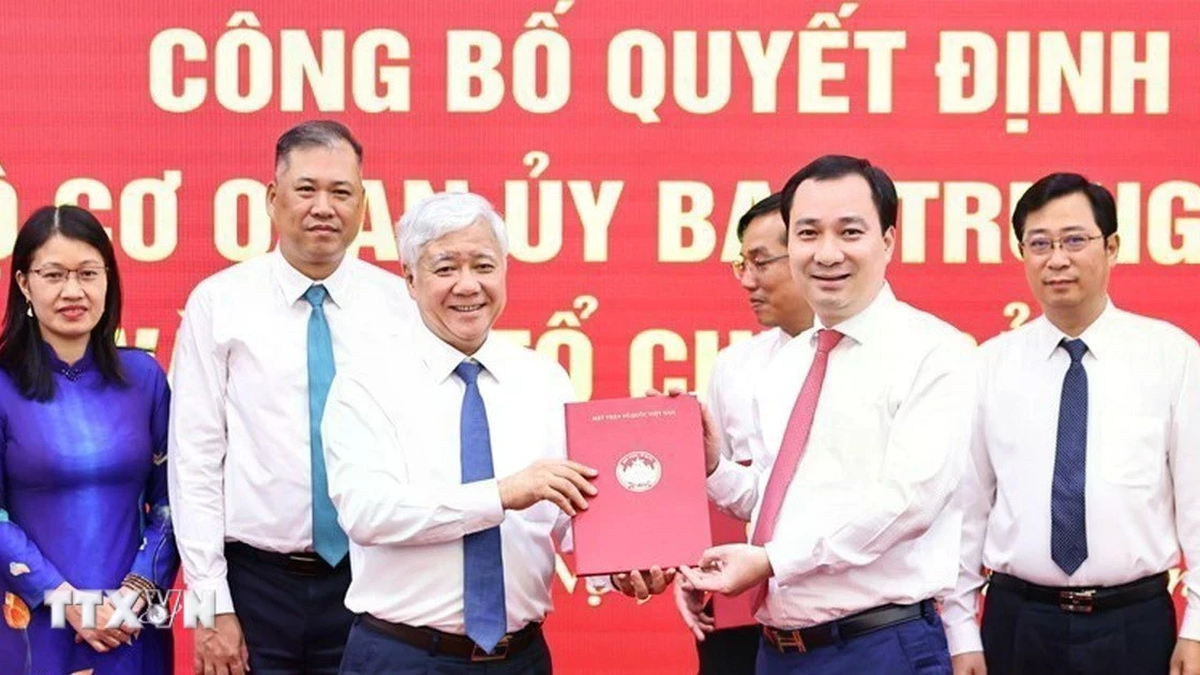























































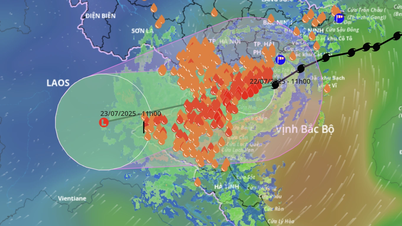
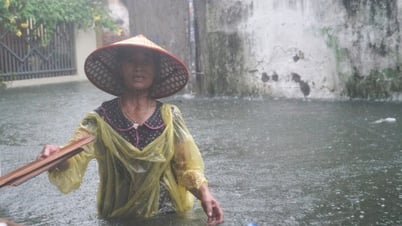




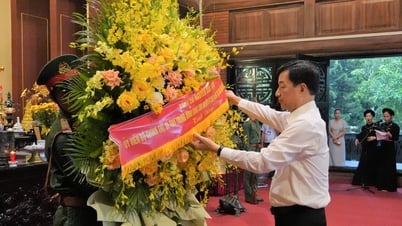

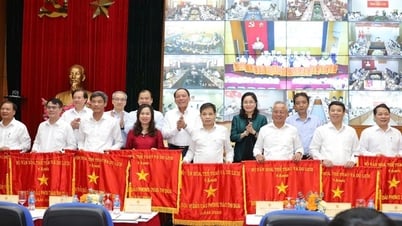


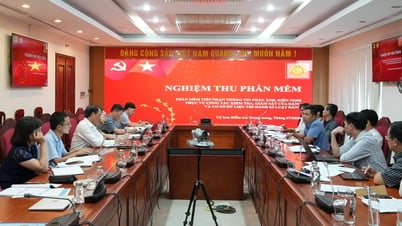

























Comment (0)